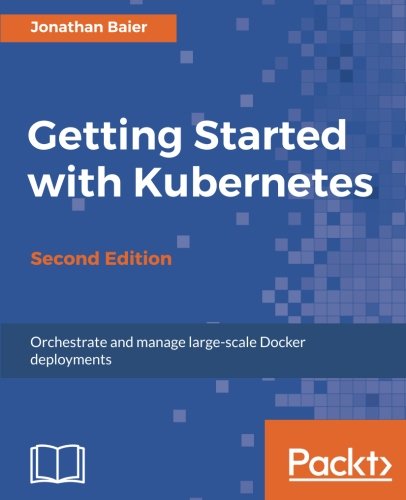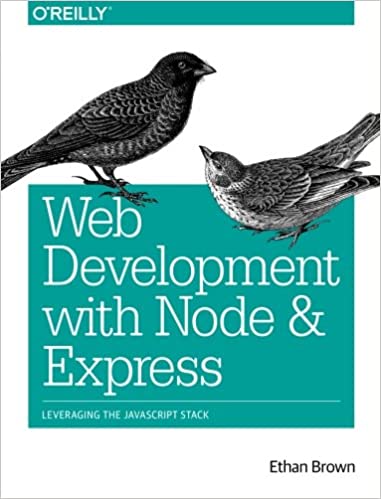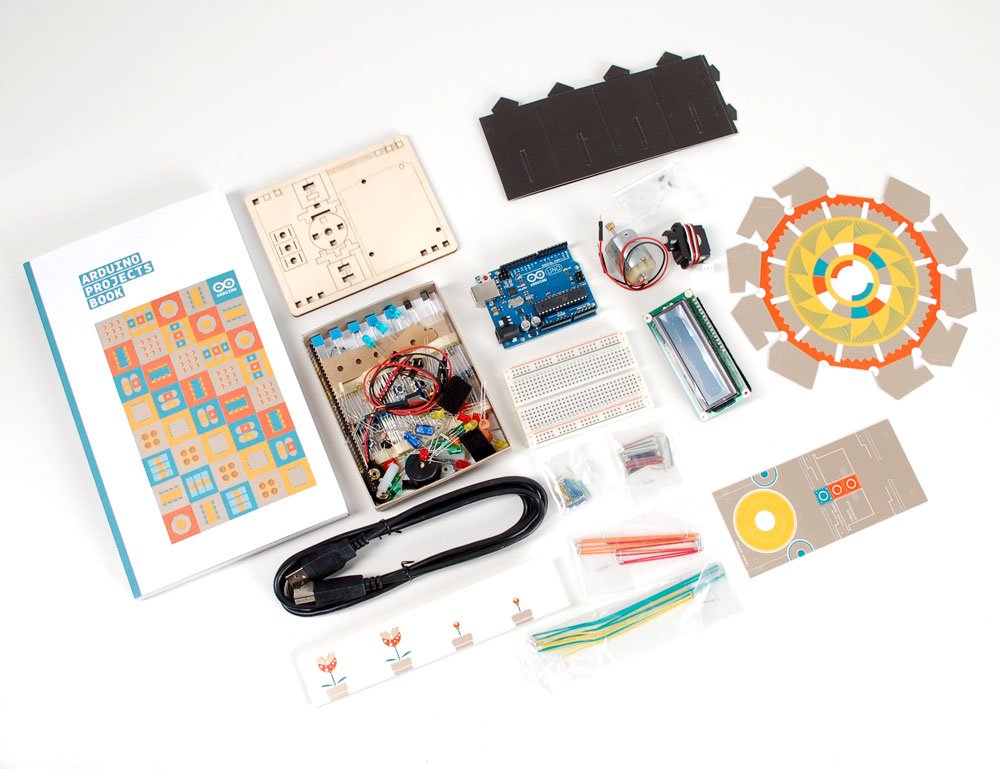; Date: Sat Jan 26 2019
Tags: Apple »»»» Apple Hardware Mistakes »»»»
Apple sells us a utopia experience. We do not worry about viruses and whole host of problems that Windows users face. We have a simple built-in backup system with which it's very easy to migrate our files from machine to machine, compared to the nightmare of doing this on Windows. Does that mean the Apple Experience is absolute perfection? Nope, Apple is making lots of mistakes. Should Apple's customers just take it without complaint? Nope, Apple will keep up the same problems unless we hold their feet to the fire.

The video below goes over lots of details about specific Apple hardware failures. Apple designed in these flaws, presumably by accident, and therefore Apple is responsible. The speaker in the video below is an expert in component-level repair on Apple hardware, he has studied circuit diagrams and everything else required to be able to replace broken components on Apple logic boards. With that experience he's seen all kinds of bad design decisions by Apple, and is apparently infamous for frequently bashing Apple over those problems.
The question we have to ask is how long do we give Apple free reign?
Apple is charging a premium price to get the Apple Experience, whether that Experience is iPhone, iPad or Mac OS X (aka macOS). The hardware is expensive to buy, but Apple promises us it's worth the premium price because it's so good.
For the most part this is true. I've been using Mac OS X since its very first release nearly 20 years ago, and am much happier on this OS than I ever was on Windows.
For me it's not so much the simplicity of the user experience, but that as a software developer I like that Mac OS X is Unix underneath a very nice and functional GUI experience. As a developer that is critical, because the Unix command-line experience is flatly the best environment for developing software. But if we look at the other side of the aisle, Windows laptop owners can routinely take their machine apart and replace components which break, while Apple works hard to prevent that.
Still these other features of Mac OS X -- the lack of viruses -- the simplicity of backing up the computer -- the simplicity of migrating files and settings from one computer to another -- etc -- that's also great and wonderful.
But, as I've covered problem after problem about current Mac hardware and current Apple policies, it's clear there is a problem with Apple.
For example, why does Apple make it so bleeping difficult to upgrade components nowadays? Apple says it is to make lighter/slimmer computers, but is that the sole reason? The side effect is that Apple customers must pay a premium price for memory to get more than the bare minimum -- $200 for 16 GB of memory when the going retail price is $100, that's highway robbery.
- Apple's unnecessarily complex SSD upgrade process for Mac Mini 2014/2015
- Apple's Mac Mini Pro: What it should be
The long-awaited upgraded Mac Mini is a case in point. The hardware specs of the 2018 Mac Mini are very interesting, and it looks to be a very powerful machine. BUT the SSD is soldered into the computer, and doing a memory upgrade is about 1000x more difficult than it should be, and high capacity SSD or memory is very pricey.
- Apple's big upgrade to the Mac Mini still isn't what it should be
- Apple lied about 2018 Mac Mini upgradeability
Apple should be embarrassed over the Mac Mini design. The Intel NUC is a similar idea - a small compact computer that packs a whole lot of power, where you supply your own keyboard, mouse and display, and the price is correspondingly low - but the Intel NUC is a breeze to repair or upgrade, compared to the pain in the butt to repair or upgrade the Mac Mini. Older Mac Mini's weren't like the modern ones in this regard. By use of a putty knife, you could easily open the 2009 Mac Mini up and replace all kinds of things. It's the more recent models which were more difficult to repair or upgrade.
- Apple's Mac Mini Pro: What it should be
- Intel NUC's perfectly supplant Apple's Mac Mini as a lightweight desktop computer
I haven't experienced this directly because I do not own an iMac. However it seems that Apple's pricing for the high end iMac is abusively high. So much so that someone bought a lower grade 2017 iMac and then upgraded its CPU, memory and storage components to match the high grade iMac -- making it a DIY 5K iMac. The cost was much lower than buying the high grade iMac outright, and the performance was much better.
Just this morning I learned of Flexgate - a problem faced by owners of 2015-or-later Retina MacBook Pro's. The issue is that the display cable breaks from normal use, causing the screen to go dark. It is an outright flaw in Apple's hardware design, and the cable is not replaceable. The fix is to replace the entire display, at a cost of $500 or so when the corresponding cable on older MacBook Pro's was about $6 and was easily replaced. ("easily" being a relative term)
In the video below we are asked to be honest about our opinion of Apple and its products. This posting is my attempt to do so.
For the record, I am happily using a 2012 MacBook Pro as my daily driver. I do a wide range of software development on this machine. At the moment I have running
- Google Chrome with a dozen windows and well over 100 tabs open
- Microsoft Visual Studio Code with a half dozen windows and a couple dozen files open
- Slack client
- GitKraken client
- Upwork client
- Trello app
- VLC
- Terminal window with several tabs open
- ...etc..
That's a fair amount of computation going on, and the 2012 MacBook Pro is handling it just fine. That's for a seven-year-old computer. How? I made sure to upgrade it to the maximum memory it can take, and added an SSD drive, meaning its performance is optimized within the capabilities of the base hardware. This model was the last MacBook Pro where we have the freedom to completely disassemble and repair/upgrade the computer.
That's one option we all have. Instead of chasing after the latest/greatest from Apple, we use/repair/upgrade their previous generation hardware. For many of us that will be sufficient.











